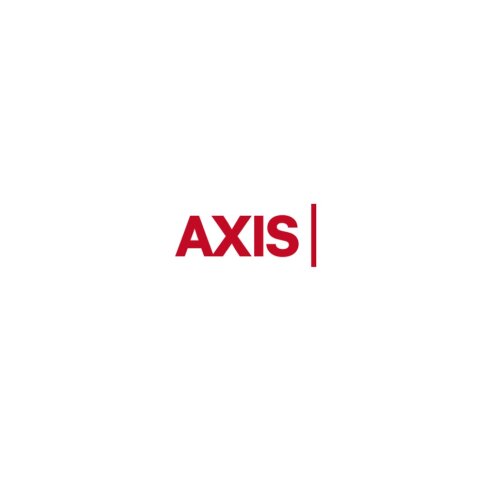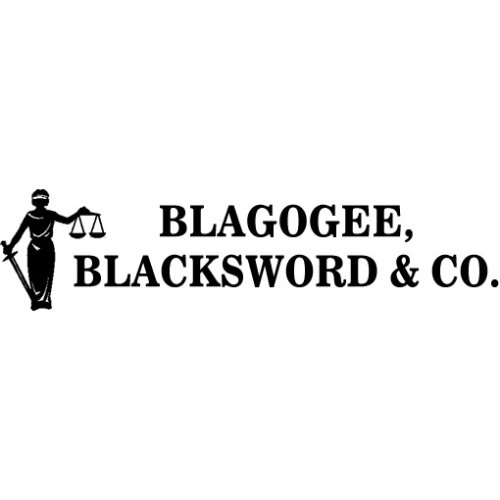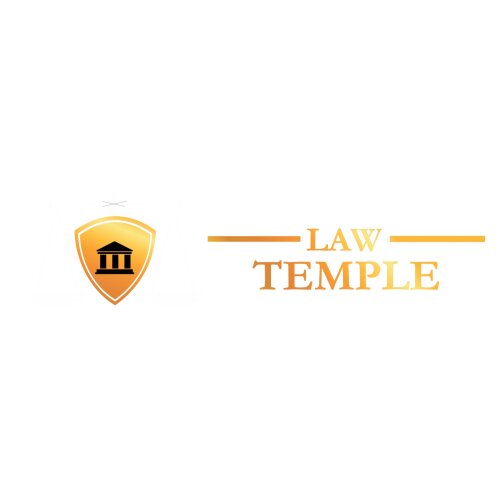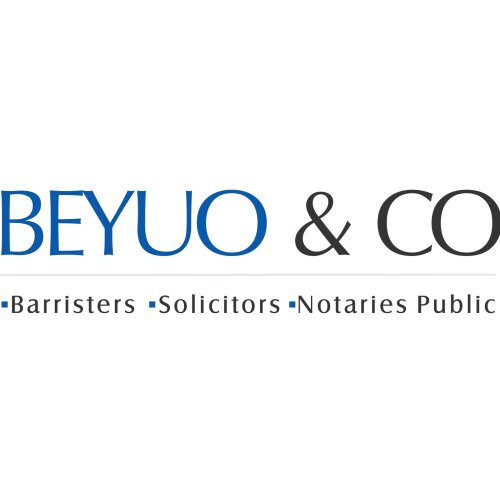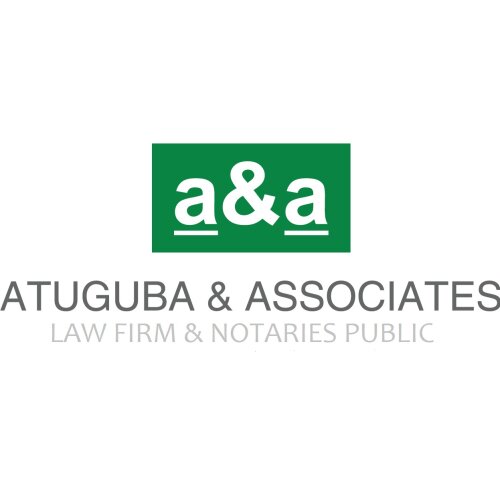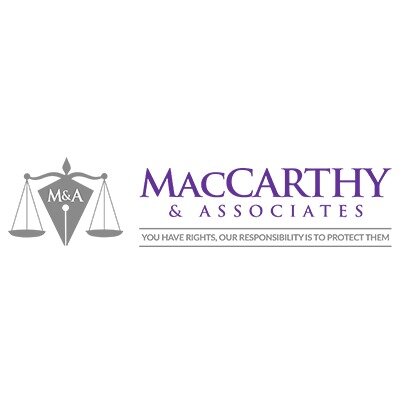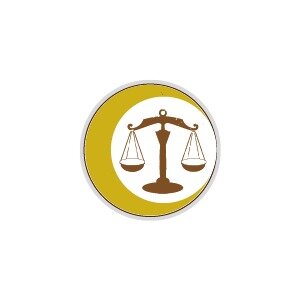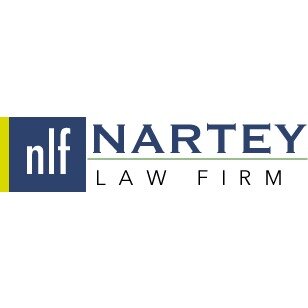Best Water Law Lawyers in Ghana
Share your needs with us, get contacted by law firms.
Free. Takes 2 min.
Or refine your search by selecting a city:
List of the best lawyers in Ghana
About Water Law in Ghana
Water Law in Ghana refers to the set of legal rules and regulations that govern the ownership, use, management, and conservation of water resources within the country. In Ghana, water is recognized as a vital national asset that needs proper management to ensure equitable and sustainable use. The main legislative framework is the Water Resources Commission Act, 1996 (Act 522), which established the Water Resources Commission (WRC) as the regulatory body responsible for the management of water resources. The Act outlines the rights and responsibilities of all users, institutions, and communities involved in water use, aiming to balance developmental needs with environmental sustainability.
Why You May Need a Lawyer
Dealing with water-related issues can be complex due to the interplay of customary and statutory laws, as well as the involvement of multiple regulatory bodies. You may require a lawyer with knowledge of Water Law in situations such as:
- Securing permits or licenses to use water for agricultural, industrial, or domestic purposes.
- Resolving disputes over water rights, boundaries, or usage with neighbors, communities, or companies.
- Challenging or responding to enforcement actions taken by regulatory authorities like the WRC.
- Negotiating contracts with water service providers or between private entities for water projects.
- Understanding your obligations for water pollution, waste disposal, or environmental compliance as a business owner.
- Advice on community water project agreements or local water governance structures.
Local Laws Overview
Ghana's Water Law is shaped by both traditional customs and modern statutory laws. Key aspects include:
- Legal Ownership and Control: All water resources are vested in the President on behalf of the people of Ghana, managed by the Water Resources Commission.
- User Rights and Permits: Individuals or organizations need a valid water use permit from the WRC for any commercial or industrial use of water. Permits are also required for borehole drilling and dams for agricultural activities.
- Environmental Protection: Activities must comply with environmental standards to prevent water pollution under Environmental Protection Agency (EPA) regulations.
- Customary Rights: Rural and local communities may have customary rights for domestic water use, but statutory regulations take precedence in cases of conflict.
- Dispute Resolution: The WRC and local courts can resolve disputes regarding water access, pollution, and rights allocation.
- Sanctions: Unauthorized use or pollution of water bodies may attract fines, permit suspension, or even criminal prosecution.
Understanding these laws is important for anyone who owns land, runs a business, or participates in a community water project in Ghana.
Frequently Asked Questions
What is the main law governing water resources in Ghana?
The key law is the Water Resources Commission Act, 1996 (Act 522), which establishes regulations for the management and use of water resources.
Do I need a permit to use water on my property?
Yes, for most non-domestic uses such as irrigation, industrial activities, or water bottling, you need to obtain a water use permit from the Water Resources Commission.
Who owns water resources in Ghana?
All water resources in Ghana are vested in the President and managed by the state on behalf of the people.
What happens if I am found polluting a stream or river?
You may face fines, be required to undertake remedial actions, or face legal prosecution under the Water Resources Commission Act and Environmental Protection Agency Act.
How are disputes over water use resolved?
Disputes can be reported to the Water Resources Commission or taken to court for formal resolution, depending on the nature and parties involved.
Are customary water rights recognized under Ghanaian law?
Yes, customary water use rights are recognized for domestic and small-scale use, but they must align with statutory laws.
Can I drill my own borehole?
You need a drilling permit from the Water Resources Commission, and the borehole must not infringe on communal water resources or existing rights.
Is rainwater harvesting regulated?
Rainwater harvesting for domestic use is generally permitted, but commercial-scale systems might require notification or a permit depending on the scale.
Do industrial water users have additional obligations?
Yes, commercial and industrial water users often need to comply with strict environmental and safety standards set by both the Water Resources Commission and the Environmental Protection Agency.
What are the penalties for illegal use or contamination of water resources?
Penalties can range from fines and permit revocation to criminal charges, depending on the severity and repeat nature of the violation.
Additional Resources
If you need legal advice or more information about Water Law in Ghana, the following resources may be helpful:
- Water Resources Commission (WRC): The main regulatory agency for water management and policy implementation.
- Environmental Protection Agency (EPA): Overseeing environmental standards for water quality, pollution, and impact assessments.
- Ministry of Sanitation and Water Resources: Responsible for national water policy and implementation.
- Ghana Bar Association: For referrals to specialized lawyers in water and environmental law.
- Local NGOs and Community Development Groups: Many provide guidance and mediation in water-related community initiatives.
Next Steps
If you are facing a water-related issue or need guidance under Ghana's Water Law:
- Start by gathering relevant documents such as permits, correspondence, maps, or contractual agreements related to your water use.
- Identify the specific issue you are facing, whether it's a permit application, a dispute, or compliance challenge.
- Reach out to regulatory bodies like the Water Resources Commission or the Environmental Protection Agency for information or to report violations.
- Contact a legal practitioner with experience in Water Law and environmental matters for tailored advice.
- When possible, consider mediation or community dialogue to resolve minor disputes before seeking formal legal intervention.
- Take proactive steps to regularize your water usage and comply with all applicable standards to avoid future legal complications.
Lawzana helps you find the best lawyers and law firms in Ghana through a curated and pre-screened list of qualified legal professionals. Our platform offers rankings and detailed profiles of attorneys and law firms, allowing you to compare based on practice areas, including Water Law, experience, and client feedback.
Each profile includes a description of the firm's areas of practice, client reviews, team members and partners, year of establishment, spoken languages, office locations, contact information, social media presence, and any published articles or resources. Most firms on our platform speak English and are experienced in both local and international legal matters.
Get a quote from top-rated law firms in Ghana — quickly, securely, and without unnecessary hassle.
Disclaimer:
The information provided on this page is for general informational purposes only and does not constitute legal advice. While we strive to ensure the accuracy and relevance of the content, legal information may change over time, and interpretations of the law can vary. You should always consult with a qualified legal professional for advice specific to your situation.
We disclaim all liability for actions taken or not taken based on the content of this page. If you believe any information is incorrect or outdated, please contact us, and we will review and update it where appropriate.
Browse water law law firms by city in Ghana
Refine your search by selecting a city.



